As The Body Shop falls into administration less than three months after being bought by private equity firm Aurelius, Retail Week explores what happens next for the once-disruptive British retailer
The Body Shop started the new year under a new owner with the promise of an “opportunity to re-energise an iconic global beauty and personal care brand”.
Less than three months after being sold to private equity firm Aurelius, the specialist beauty retailer’s UK business entered administration, threatening the closure of the nearly 200 stores and putting more than 2,000 jobs at risk.
Retail Week takes a look at the reasons behind the drawn-out struggles of the retailer and what will happen to it next.
Road to administration
After The Body Shop appointed FRP Advisory to review its largest market, shock quickly changed to nostalgia as consumers and fans of the brand remembered its humble beginnings and rich history under founder and pioneering entrepreneur Dame Anita Roddick.
When the brand was founded in 1976, it was a trailblazer in the world of beauty and laid the path that many sustainable and vegan beauty brands walk today.
But in today’s complicated retail environment where most businesses are plagued by inflation and macroeconomic headwinds, being a vegan cruelty-free retailer alone is not enough of a USP.
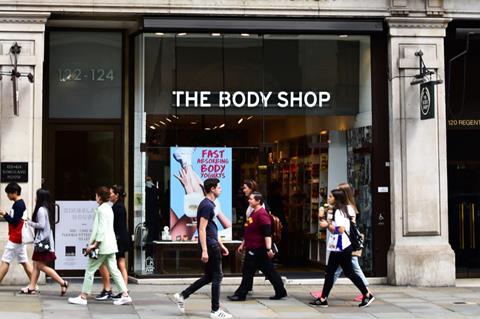
The Body Shop’s products lack innovation compared to other all-natural beauty retailers like Lush as well as high street giants like Boots and Superdrug, which carry a wide range of clean beauty products at a more accessible price point.
Clive Black, vice chair at Shore Capital, said: “It’s not the first time The Body Shop has been in trouble. It was part of a cohort of UK retailers that have been in the medical wards for some years now.
“It’s a business that’s been in trouble for a long time. It hasn’t been able to generate momentum like it had when it first hit the streets when it was exceptionally powerful.”
What next?
The Body Shop was put into administration in the hope of “creating a more nimble and financially stable UK business”. FRP says it is considering “all options to find a way forward for the business”.
The retailer’s store estate of 200 branches across the UK is likely to be put under scrutiny in the administration process, as new owners look to reduce operational costs and the size of the business.
Jonathan De Mello, founder and chief executive of retail consultancy JDM, says The Body Shop has suffered due to a lack of investment in stores compared to its competitors and could benefit from optimisation of its estate.
He says: “If you look at Lush in Glasgow, they took a 20,000 sq ft space on Buchanan Street and that is the future of stores. It’s experiences that you can provide to customers to drive brand equity. Rituals has been doing that with the meditation rooms in their stores.
“The Body Shop stores have been underinvested in and have missed out on that whole experience. That’s what they should have been doing. Maybe fewer doors but more quality would have been the right thing to do, which would mean optimisation of the estate.”
“The Body Shop still works as a brand. The focus on natural products, fair trade and cruelty-free is really important to consumers today so the brand is likely to continue trading in some form”
Sophie Wilmott, GlobalData
The Body Shop has double the number of stores as Lush. De Mello says the retailer could cut this number to 150 while trying to reduce rents on its existing stores.
However, having slashed rents during the pandemic, he says it’ll be “interesting to see if landlords are willing to reduce the rent further”.
Or, like other UK retailers who walked the same path such as Debenhams and Laura Ashley, will the retailer let go of its physical store estate and move online?
The health and beauty category has a much lower penetration rate online, given that consumers typically want to try on products before deciding to buy. Black says without that important physical touchpoint, The Body Shop’s brand may struggle to operate.
He adds: “I’m not sure that’s a particularly compelling thesis. A lot of what The Body Shop sells is very discretionary and aspirational. It’s about feeling good and some of those products will be very tapped out if The Body Shop were to operate without a physical presence on the high street.”
A rich heritage
Even as The Body Shop suffers from weak sales and not enough working capital, its rich brand heritage cannot be ignored.
Sofie Willmott, associate director of retail at GlobalData, says the brand’s credentials remain relevant to a broad audience and resetting its cost base might be the perfect opportunity for it to pivot and undergo major changes in its distribution channels.
“I think The Body Shop still works as a brand. The focus on natural products, fair trade and cruelty-free is really important to consumers today so the brand is likely to continue trading in some form.

“I think maybe it will be more of a brand that operates within other retailers. It could sell through Boots or John Lewis and maybe Sephora.
“It would be good if they kept some stores in key city centre locations and shopping centres to ensure there is that touch point for the brand where its ethics and purpose can be communicated, and you can try the products and see the full range,” she says.
A lot of The Body Shop’s troubles can be attributed to changing ownership thrice in two decades. As the brand’s fate remains up in the air, all eyes will be on its private equity owner Aurelius whose past UK retail investments have struggled.




















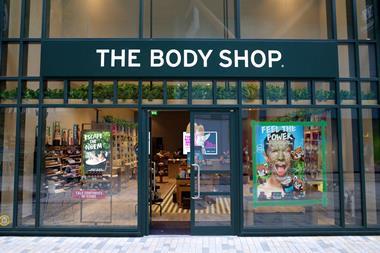
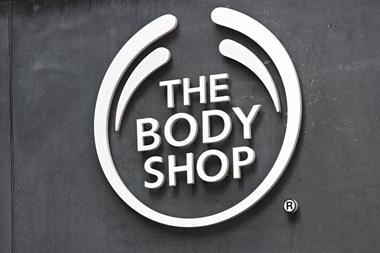

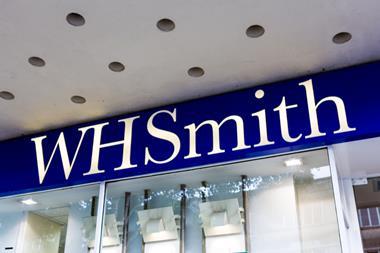

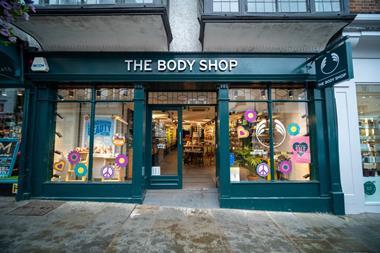
No comments yet